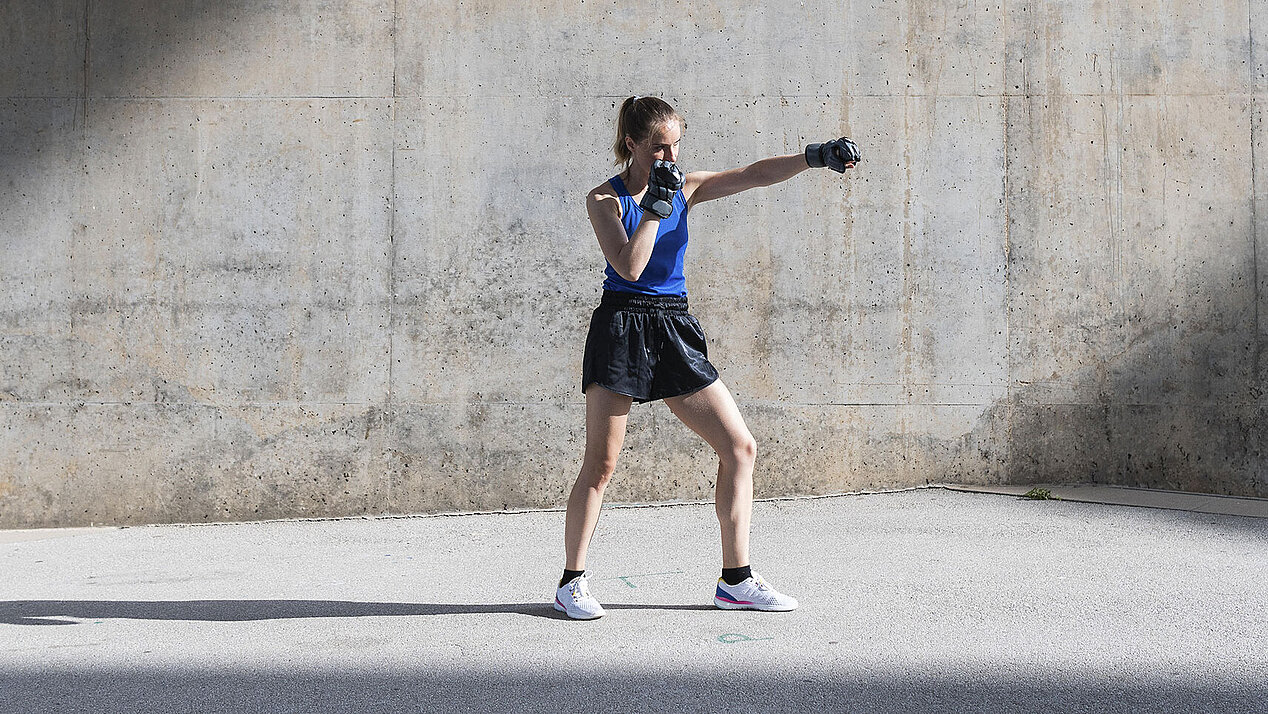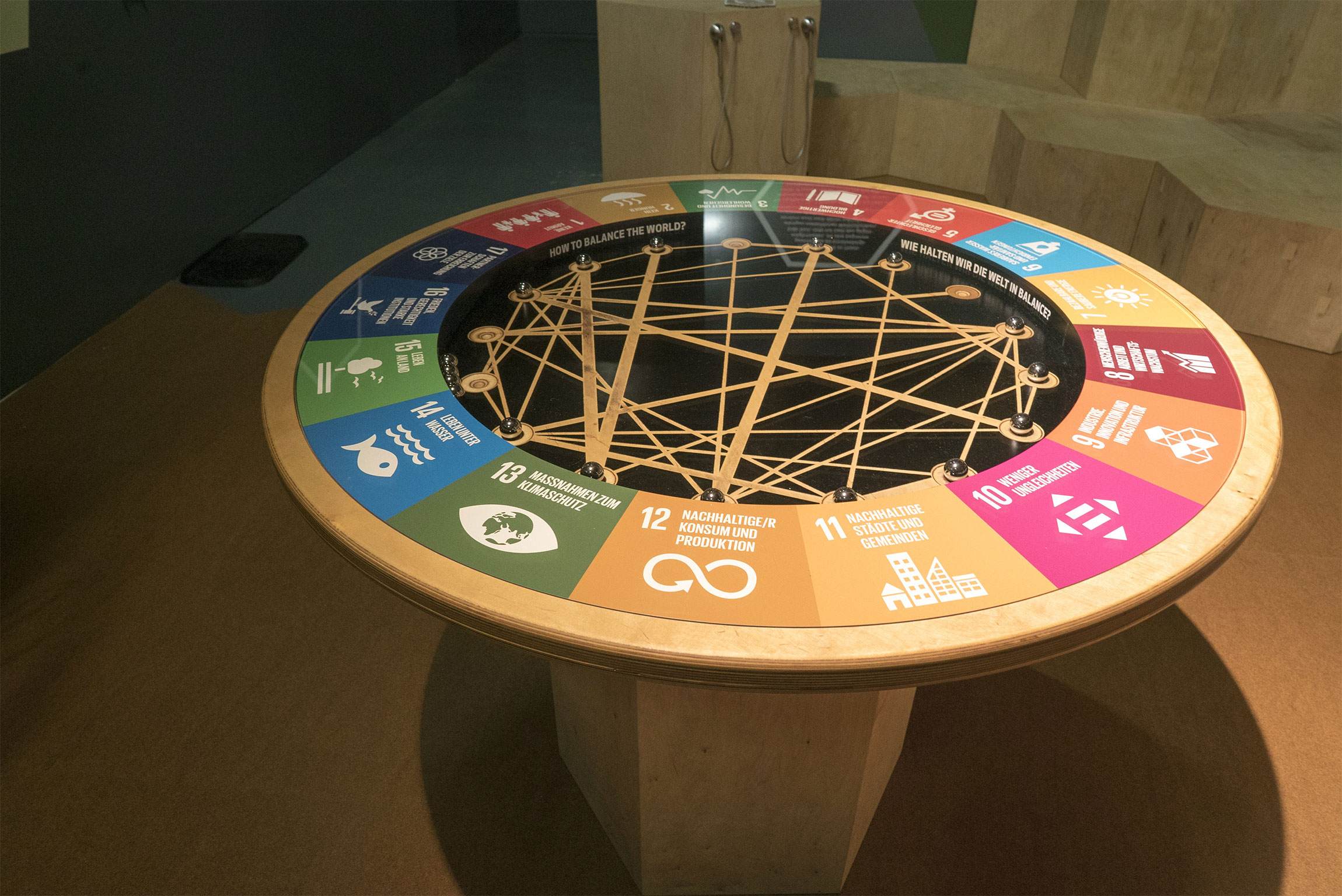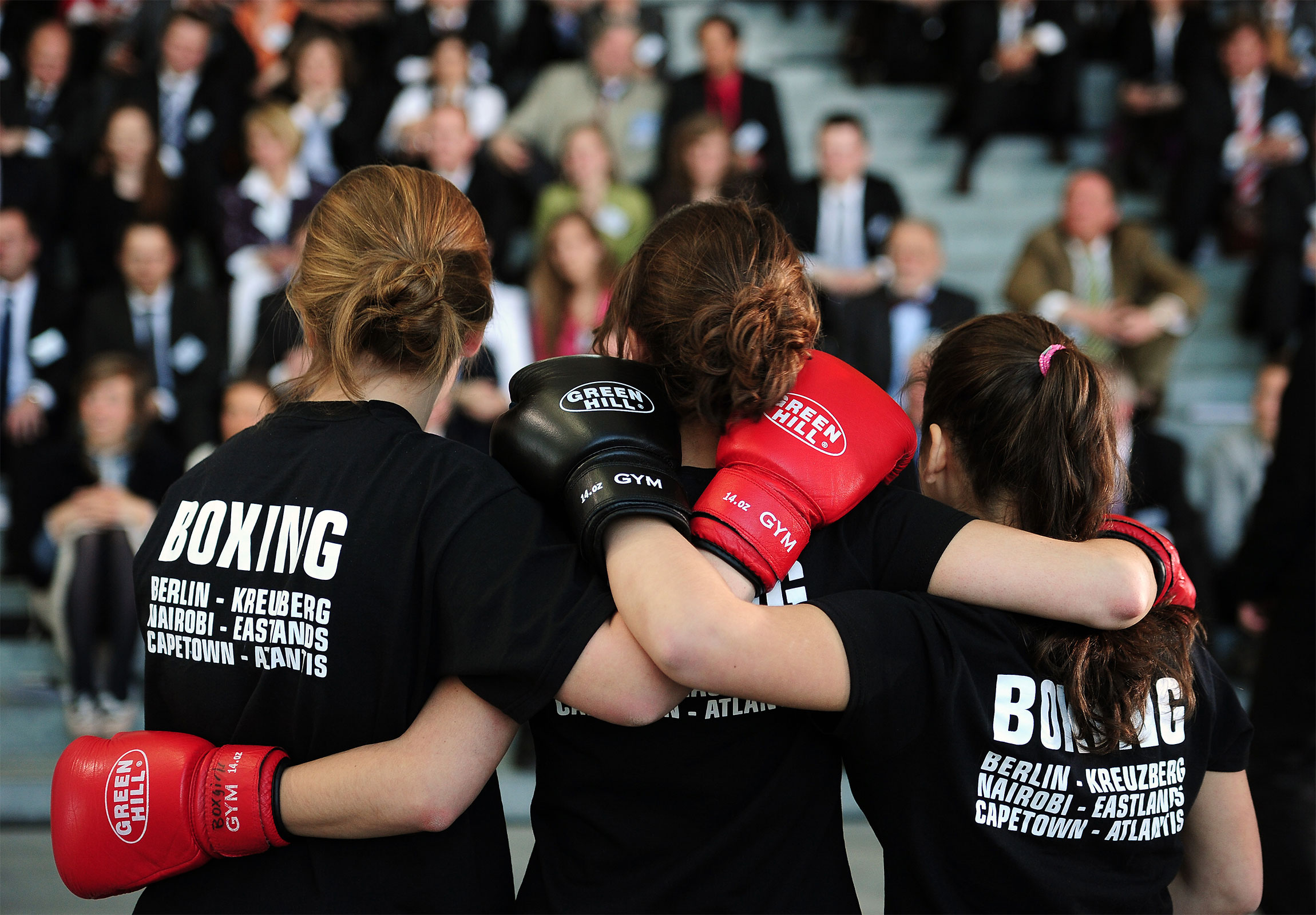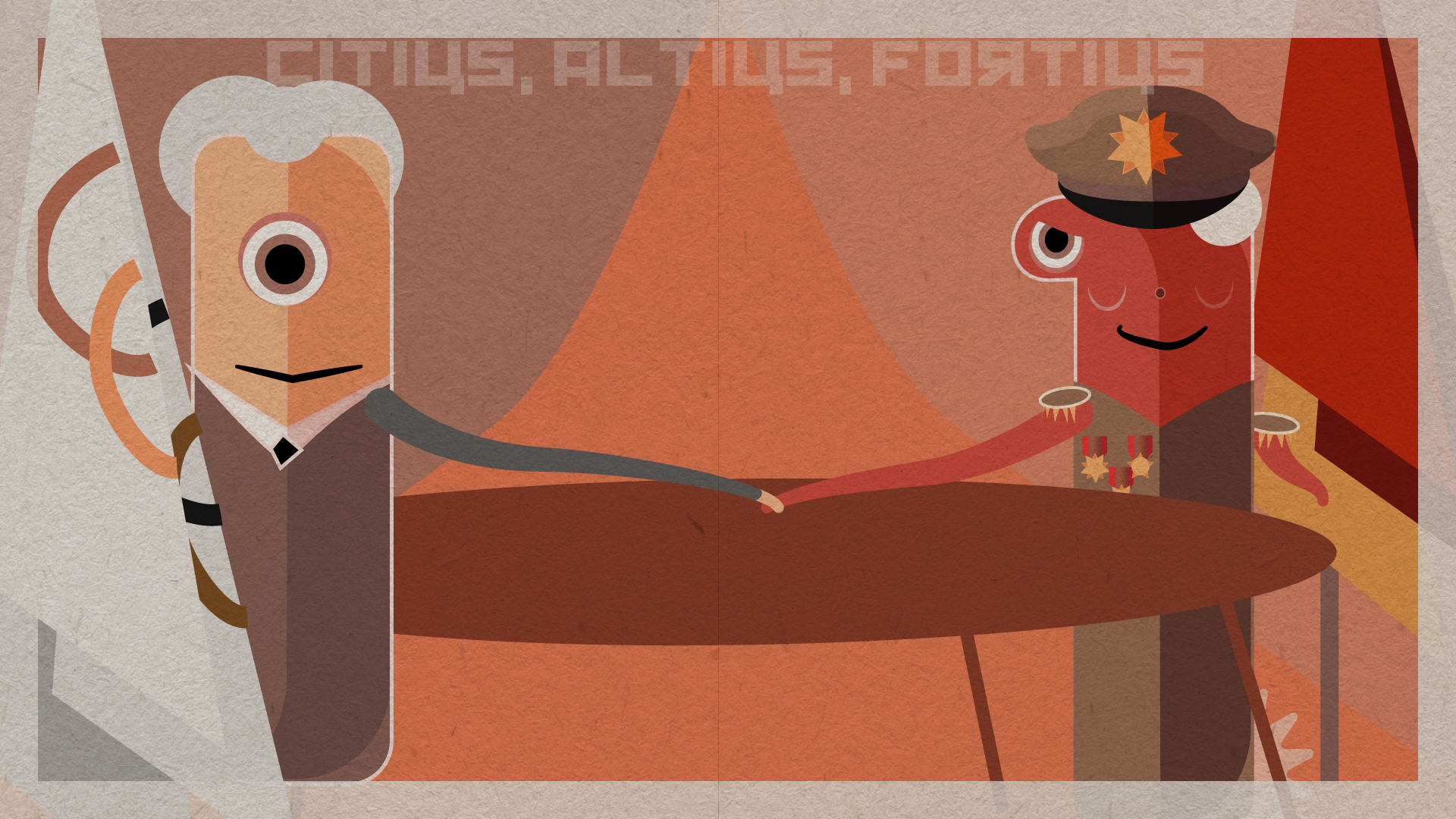It underscores the importance of ‘sport as a means to promote education, health, development and peace’. As a political entity at the highest, global level, the United Nations Office for Sport, Development and Peace (UNOSDP) runs different activities including the UNOSDP Youth Leadership Camps on all continents to enhance social awareness and civil society engagement.
A UN paper states that ‘Most of these youth have only very basic education levels, limited resources with which to carry out their projects and do not have a proper forum where they can learn best practices or develop their leadership skills.’ So the idea of a Youth Leadership Programme was conceived in order to support such young people by giving them access to the theoretical and practical training they need to improve their projects and their own professional progress, and to support them once they go back to their communities.
The UNOSDP convene youth leadership camps to achieve this mission, bringing civil society leaders together (volunteers, leaders of sports clubs, coaches and directors) in a donor country to help develop and accelerate their programmes.
The school environment, a closed gymnasium, is often the only place girls have to play, run or do sports due to the cultural context of modesty, and public space as a male realm.
The current United Nations Secretary General’s Special Adviser on Sport for Development and Peace, Wilfried Lemke, also has a long history in sport and politics. Before he was appointed to his current position at the UNOSDP, he was Senator for the Interior and Sport and the Senator for Education and Science in the German State of Bremen and the manager of German second division football club Werder Bremen for almost two decades. Due to his career as a German policy-maker, Lemke is familiar with Germany’s foreign policy goals and its rights-based framework.
It is not just the UNOSDP that is leveraging the power of sport for development to work towards the Sustainable Development Goals. Others in the UN system are also using sport: UNESCO, UNAIDS, and UN Women to name but a few.
Sport falls under the remit of UNESCO within the organisational structure of the United Nations. Furthermore, on matters concerning development through sport, the agency responsible is the United Nations Office on Sport for Development and Peace (UNOSDP). ‘UNOSDP acts as a mediator between the United Nations, its member states, individual (sports) organisations, civil society, the private sector, academia and the media’, states a BMZ paper.
It becomes clear that Sustainable Development Goals can be successfully and efficiently pursued through sport for development projects aimed at the individual and communal (grassroots organisations), international (programmes by BMZ and GIZ) and the supranational global level (UNOSDP), and should thus play a vital role in national foreign and development policy.
Sport for development projects do not only aim to achieve the specific development goals laid out in their conception and planning, but they also call into existence, nurture and network important civil society eco-systems which increase the resilience of communities in some of the most deprived, war-torn and under-developed communities on earth. Now we need to increase the visibility of these projects and the impact that they have, in order to create stronger networks and share best practices, scaling their successes quickly and efficiently in communities internationally in order to achieve the SDGs.
This has already begun, with the GIZ in partnership with the UNOSDP taking a leading role in finding and sharing best practices in sport for development in Germany at an international level. In order to support the achievement of the SDGs this process must continue and expand throughout countries in Europe and internationally.








